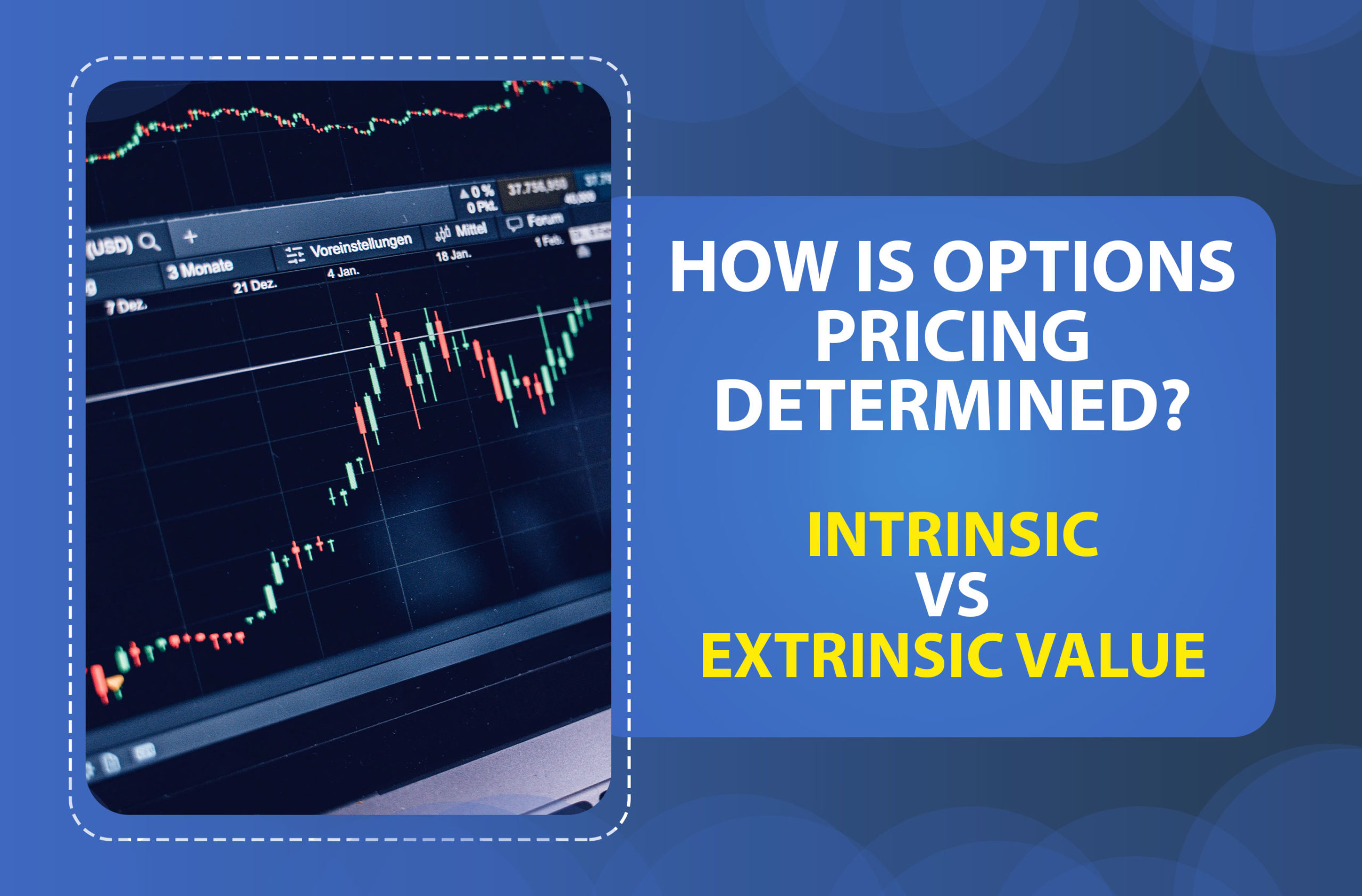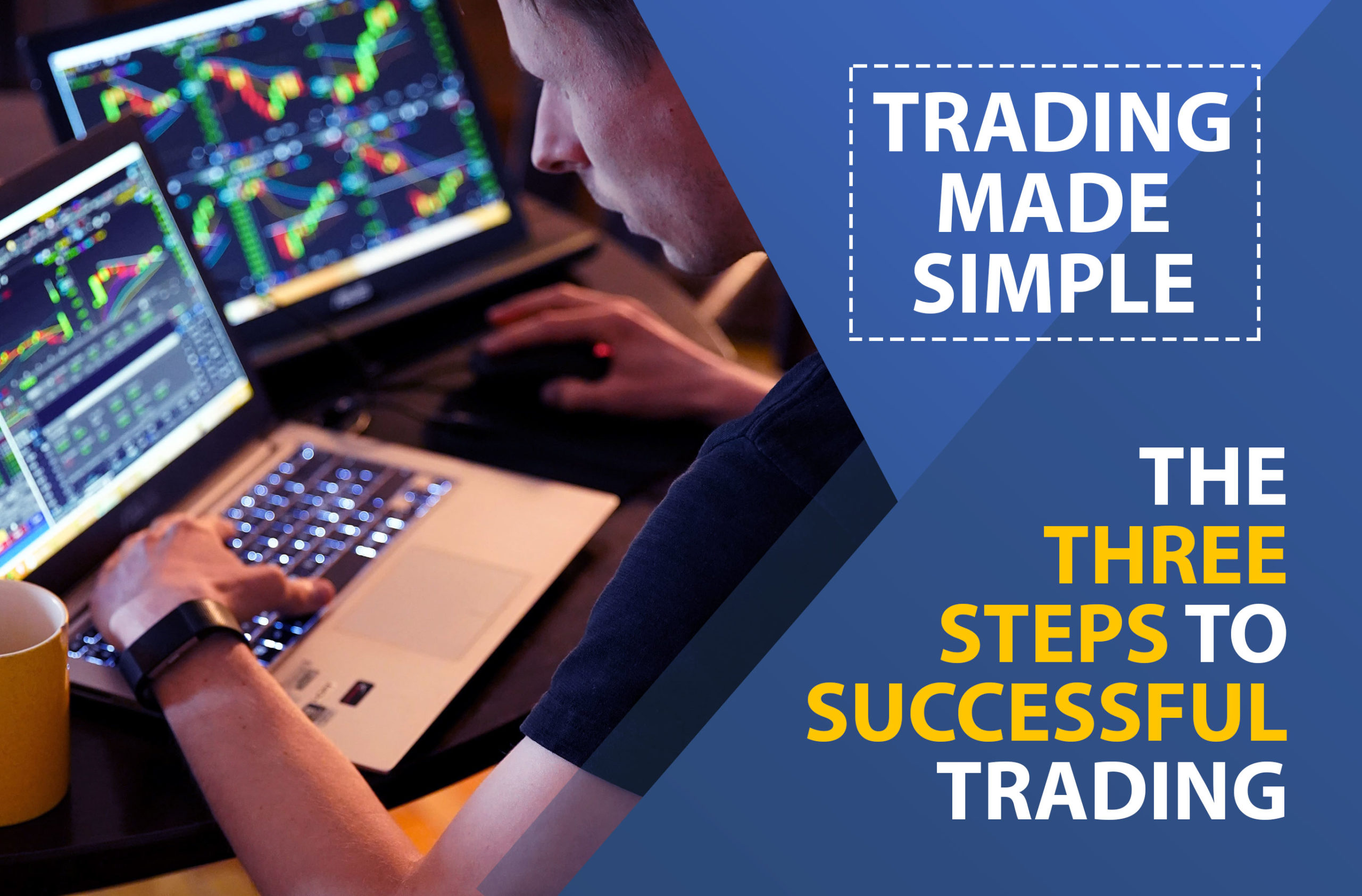Before we talk about how options pricing is calculated, first we need to know what an option contract is. An option gives the holder the right to buy or sell an underlying asset or security at the strike price, which is a pre-determined price.
Which factors affect options pricing?
Options pricing models consider many factors to determine the value of an option. These include the intrinsic value, volatility, the current stock price, the time to expiration, cash dividends paid, and the interest rates.
These parameters are primarily used to determine an option’s fair market value in addition to its premium.
Options pricing is partly based on the current stock price
The current stock price has a direct effect on the option’s premium. The price of a call option will rise with the price of the stock, and will go down with a decrease in stock price. A popular options pricing method is the Black-Scholes model, along with others such as the trinomial and binomial models.
In the Money
The profitability of an option against the strike price is its intrinsic value. Here the option is said to be in-the-money. If the profitability is equal to the strike price, it is said to be at-the-money.
Out of the Money
Lastly, if the strike price is not as profitable, it is said to be out-of-the-money. In-the-money options are more expensive than the others, as they have a higher intrinsic value.
Time Value
Another important factor is the expiry time or time value of an option. Typically, an option loses one-third of its value in the first half of its life, and two-thirds in the second half. Similar to volatility; the higher the risk, the higher the profitability.
In other words, options pricing is higher when there is more time until expiration. On the day it is supposed to expire, it only has its intrinsic value left. It expires worthless if it has no extrinsic value.
What next?
Before getting into trading, you should know the basics of options pricing and the factors which affect an option’s premium. This will allow you to make wiser trading decisions.









Recent Comments